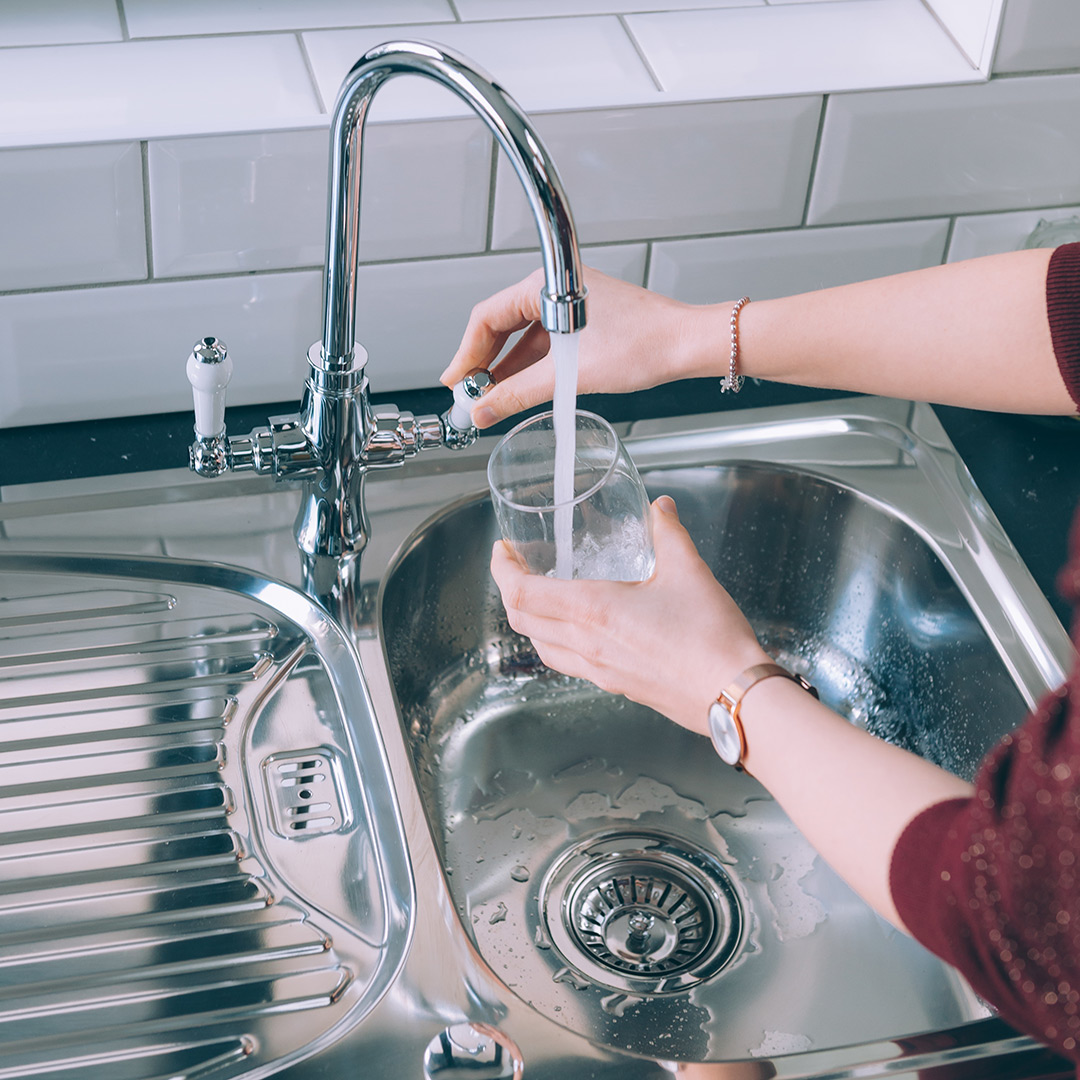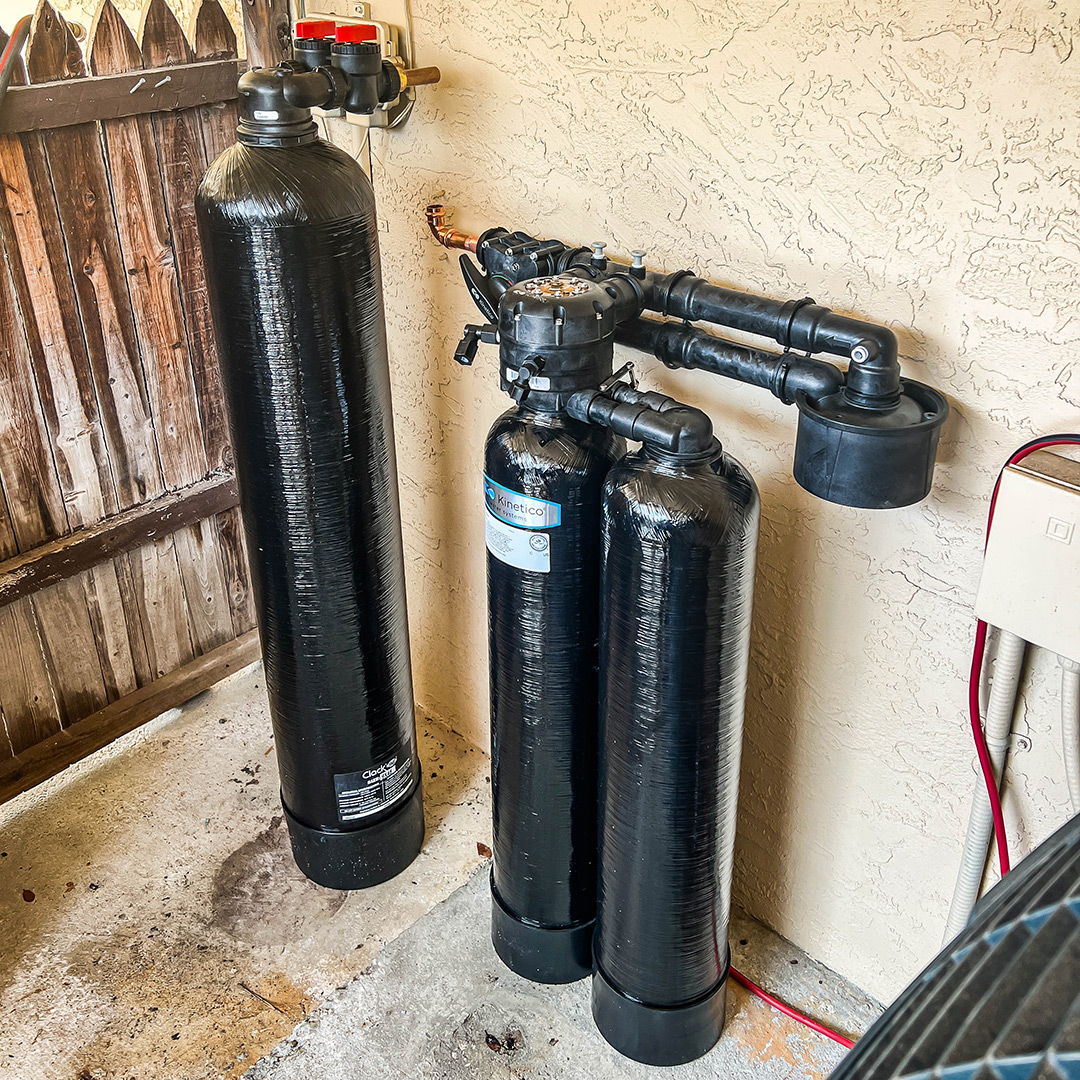What You Need to Know About Water Safety
So far in the twenty-first century, pollution is getting worse. From giant plastic islands in the Pacific to plastics in the clouds. Yes, you read correctly; even rainclouds have plastics in them now. Several new contaminants have made their way into the water supply. These contaminants are known as contaminants of emerging concern (CECs) and also contain pharmaceuticals and personal care products. So what can you do? Here is a guide to emerging contaminants: What You Need to Know about water safety.
 What Is an Emerging Contaminant?
What Is an Emerging Contaminant?
Emerging contaminants, or CECs, are a group of new contaminants. They can be very harmful for a number of reasons, from being carcinogens to possibly bringing on early puberty in children. These CECs include-
Pharmaceuticals and Personal Care Products (PPCP)
You can probably guess what these substances are by the name. PPCPs are ingredients found in the drugs in your medicine cabinet and the grooming products that sit right next to them. Taking your own prescription isn’t bad, but when your neighbor’s prescriptions, along with everyone else’s prescriptions, are in the groundwater, it’s a bad thing.
Per- and Polyfluoroalkyl Substances (PFAS)
These are more of an industrial class of chemicals for things such as firefighting foam, dyes and detergents for textiles, and chemical-laden food packaging. These chemicals are well known for being stubborn about getting out of the hydrological cycle.
Endocrine-Disrupting Chemicals (EDCs)
You may have heard about EDCs in the news recently. They have caused a lot of concern in the medical community because of their ability to disrupt a human’s endocrine system, which influences everything from puberty to cancer. Insecticides, weed-killers, and industrial compounds have EDCs in them.
How Do Harmful Compounds Get into Our Water?
There are many ways that these harmful chemicals get into the water we drink and bathe with.
Agricultural Runoff- Fertilizers, pesticides, and herbicides can contain CECs, which can then leak into groundwater or runoff onto surface water bodies.
Landfills and Waste Sites- Unfortunately, not all hazardous waste sites and landfills are managed like they should be and release pollutants that seep into the groundwater and find their way into your tap.
Industrial Discharges- Around the world, manufacturing plants release toxic chemicals into rivers, lakes, and oceans that have CECs that then get taken into the clouds and distributed across the globe in rain or other forms of moisture.
 Dealing with CECs
Dealing with CECs
The best way to protect your family and pets from CECs is to install a water filtration system in your home by a professional water service company. A filtration system will remove the dangerous contaminants so you and your family can feel confident in your drinking water.
We Can Ensure CECs Don’t Get in Your Drinking Water
If you want to keep CECs and other contaminants from getting into your drinking water, we can help. Atlantic Coast Water Clinic knows what filtration systems will remove CECs. We can also perform maintenance to ensure no new contaminants get in your water. Since 1976, we have been assisting customers like you. If you are in the greater Treasure Coast area, call us today at 772-283-4767 or complete our simple contact form. One of our water experts will discuss the right water filtration system for you.


 772-283-4767
772-283-4767